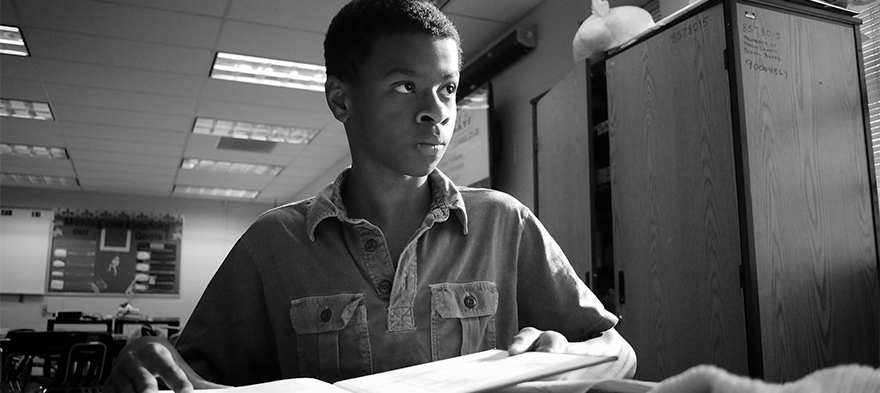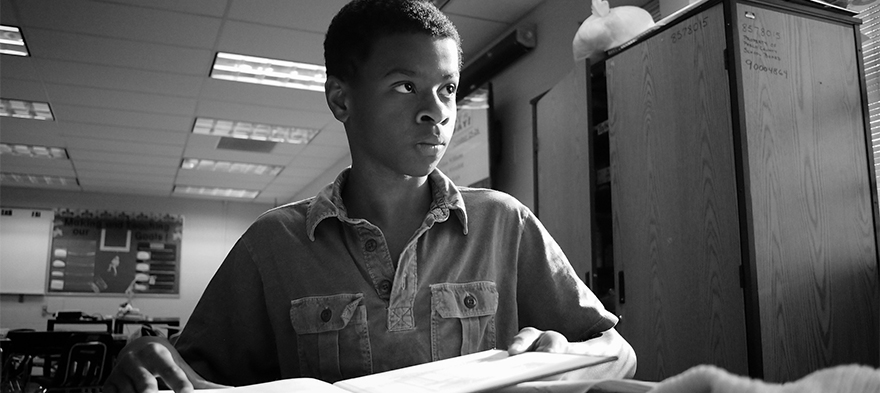
Four years ago, I traveled to Cameroon on an educational mission trip. I packed as light as I could to carry as many school supplies and books as possible. Then I visited numerous villages in the Northwest Region, observing classrooms and leading professional development for teachers.
While my skin matched the bronzed hues of most Cameroonians, my American accent betrayed me. As soon as I spoke, I stopped blending in.
To my chagrin, my tour guides told me what kids called me behind my back: “white man.” They explained that any non-African is causally referred to as such.
I traveled 6,400 miles and stood on the eastern shores of the Atlantic Ocean, trying to imagine the unimaginable horrors my ancestors faced on the waters of the Middle Passage, only to be called white by West Africans. The power and influence of white maleness, even in these remote villages, stunned me.
That’s when I learned how not to help poor, Black children.
For example, I didn’t pass out candy, which is what the “white man” tends to do. I passed out pencils and pens instead. Every school I visited, I read aloud the book “Beatrice’s Goat,” a story about a Ugandan girl who sells goat milk while secretly wishing she could attend school. I put away the picture books I brought about African-American characters that had no cultural relevance to Cameroonian life.
Ed Reform Needs More Cultural Competency
At times, ed reformers have made their Black peers feel like “white men” when we’re asked to push foreign agendas onto our neighbors without their input or consent–and sometimes, frankly, without ours. Ed reformers of color are often not at the table when decisions about how to fix schools are discussed.
And having just one Black or brown person participating in the discussion falls short. One voice should not possess the power to drive the conversation.
Fixing education is much more than raising test scores or high school graduation rates. While being proficient in reading and math and getting a high school diploma is vitally important for getting kids into and through college, we’ve also seen far too many honors students like Hadiya Pendleton, who performed in President Obama’s second inaugural parade, get gunned down on the streets.
We have to stretch the borders of ed reform outside of school: arts and culture opportunities, seasonal employment and apprenticeships, anti-violence partnerships, etc.
As ed reformers, we also need to chase after kids who have dropped out and are gangbanging or selling drugs. We need to find ways to re-engage them in school.
If the high school graduation rate in Chicago has risen to 66 percent, then what about the other 34 percent?
If we claim that they are “all our children,” then even the kids carrying guns and smoking weed at 9:30 a.m. belong to us, too.
So when education venture capitalists and philanthropists seek to fund bold, innovative ideas on how to improve outcomes for poor Black and brown children, they too must be willing to step outside of their comfort zones. If they assess proposals using the same standard framework they’ve always used, how revolutionary will any plan they approve actually be?
As a person of faith, for example, I started an organization called Teachers Who Pray to increase the spiritual levels of teachers who need support. Teachers at schools privately gather to begin or end their day in prayer each week to recharge and get the inspiration we need to love “unlovable” students and keep believing we have the power to make significant changes despite poverty, violence, and despair.
While prayer and faith are not typically on white, liberal ed reformers’ radars, it is a significant pathway to reach African-American and Latino communities that reformers seek to help.
The point is not that all ed reformers need to believe in prayer and faith, but to respect the traditions and values of those who do believe and would greatly benefit if those practices were supported. Wealthy white people who invest in ed reform would serve Black and brown communities better by valuing their cultural priorities, not dismissing them as inconsequential.
A Stance of Solidarity
It’s not always obvious, but the lack of cultural relevance in ed reform mimics the same racial injustice and power dynamics we see in American society. If more white reformers took a stance of solidarity with the oppressed, much like, say, popular Catholic priest Father Michael Pfleger does in Chicago, then they would have much more impact and community support.
A white man, Father Pfleger has lived in the predominately-Black Auburn Gresham community for more than 30 years and uses his Saint Sabina parish as the launching pad for a fearless anti-violence campaign and as a center for social services such as education and employment, among many others.
That’s asking a lot, I know. Some white people in Chicago won’t travel at night any farther south than 22nd Street or farther west than Damen Avenue. However, only a radical intervention will be able to narrow the nation’s widening achievement gap–the holy grail of ed reform’s effectiveness.
So here’s the question:
Are ed reformers willing to do whatever it takes to make deep systemic educational change or do we just want the satisfaction of saying, “Look what I’ve done to help poor, Black children”?
I prepared for my trip to Cameroon by researching teaching strategies on the Internet, typing up my lesson plans and presenter notes, printing them, and placing them into neat little binders. Then I brought them to schools made of clay that had no electricity or running water, no textbooks and chalk run down to nubs.
The fact that these teachers could still teach kids how to read, write and do math under these conditions made them far superior to me.
As much as I hated to accept it, I was indeed a “white man.” I decided that the best way to help them raise their educational standards was to first ask them to teach me.
This post originally appeared at Education Post as How Not to Help Poor, Black Children.
— This feed and its contents are the property of The Huffington Post, and use is subject to our terms. It may be used for personal consumption, but may not be distributed on a website.
![]()

Source: Black Voices Huffington Post
Link: How Not to Help Poor, Black Children
